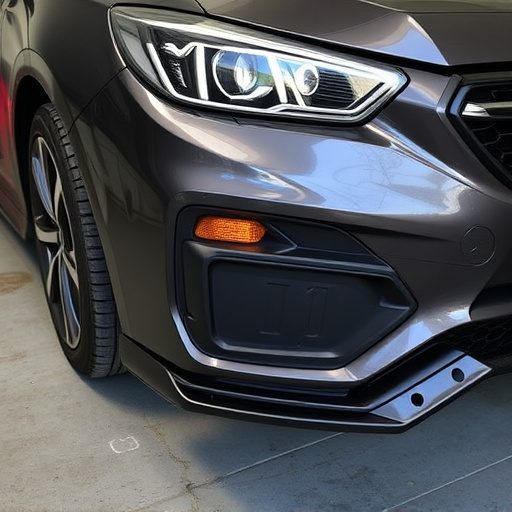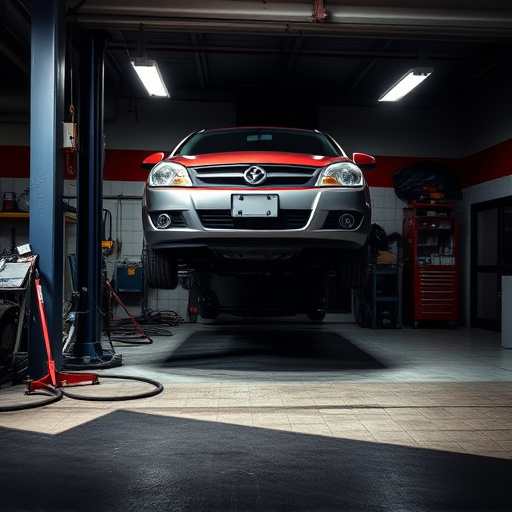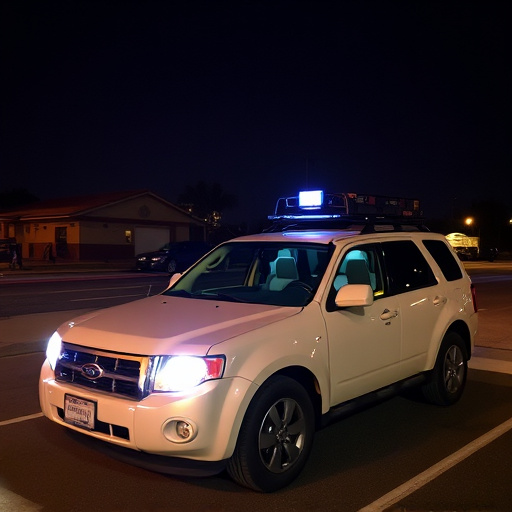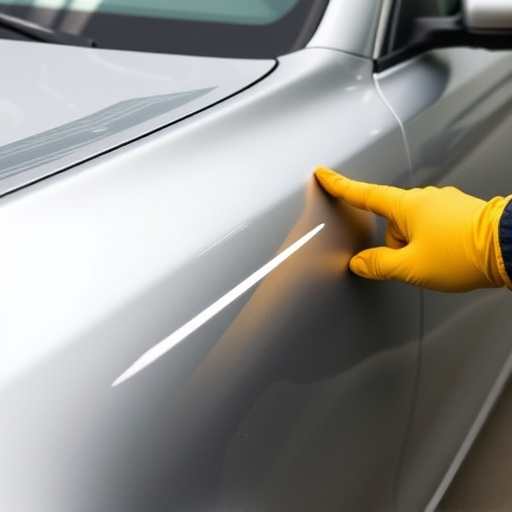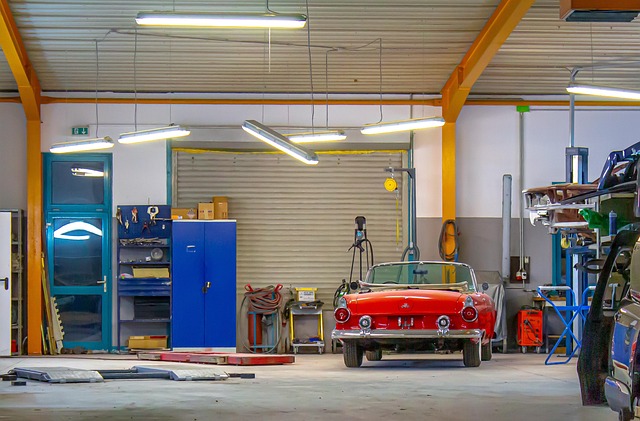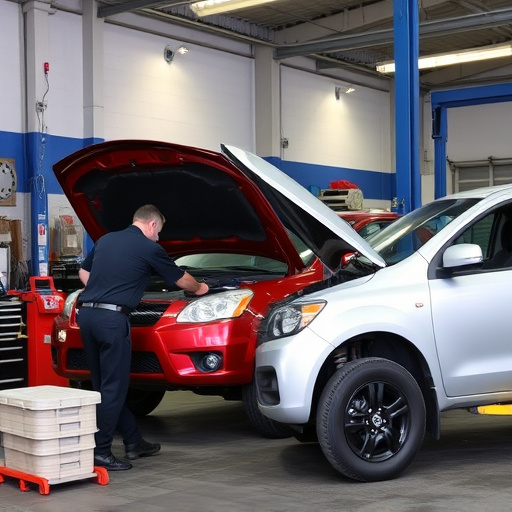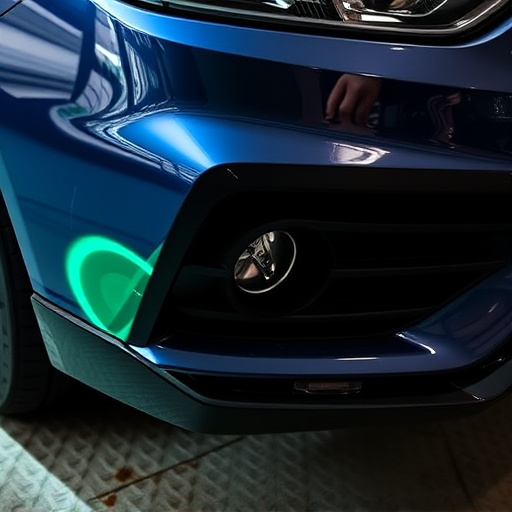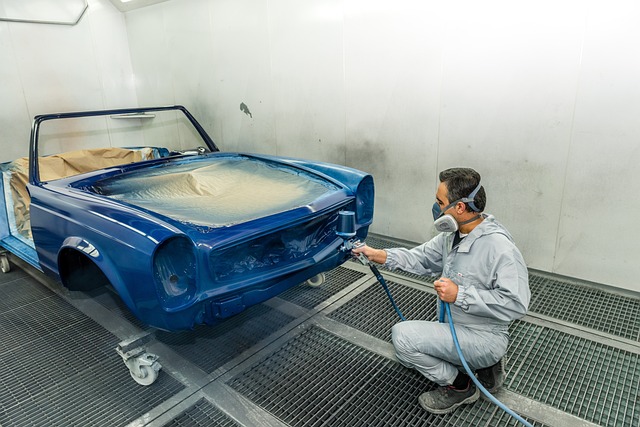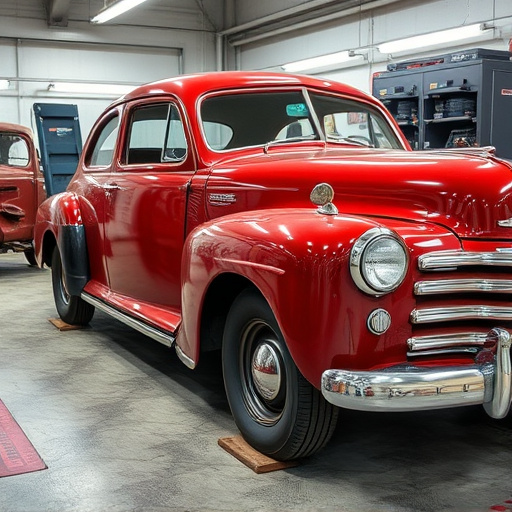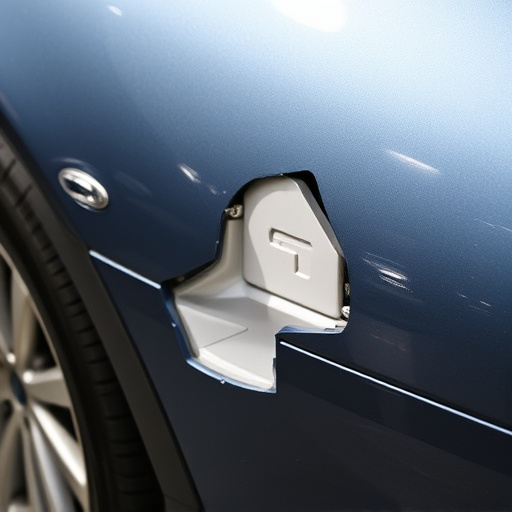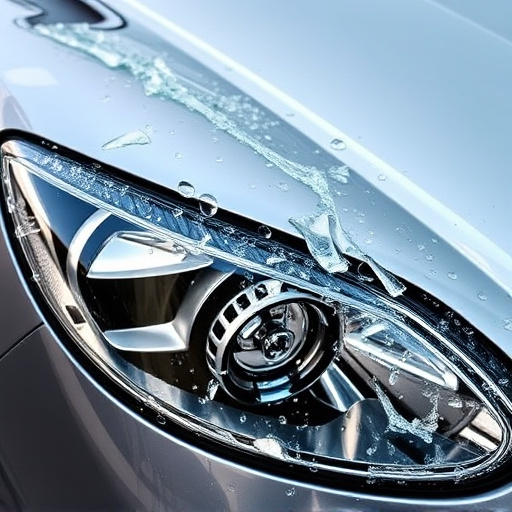Advanced Driver Assistance Systems (ADAS) are transforming driving safety, but they require precise sensor calibration for optimal performance. ADAS recalibration repair is a specialized service within car body shops, crucial for ensuring these systems function correctly after any repair. Inaccurate recalibration can have severe consequences, including false alarms and erratic behavior, posing risks to drivers and other road users. Specialized auto shops must follow best practices and employ well-trained technicians to provide accurate ADAS recalibration repair, upholding vehicle safety and reliability. Offering comprehensive ADAS services is a strategic move for body shops to attract customers and build trust through enhanced safety features.
- Understanding ADAS and Its Calibration Requirements
- The Impact of Inaccurate ADAS Recalibration
- Best Practices for Auto Shops: Ensuring Accurate ADAS Repairs
Understanding ADAS and Its Calibration Requirements
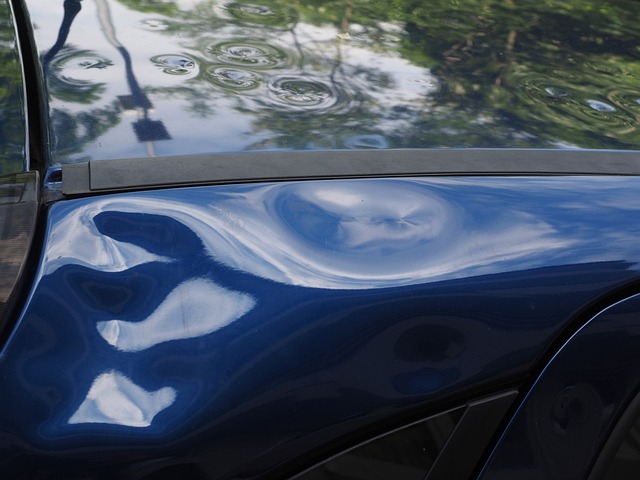
Advanced Driver Assistance Systems (ADAS) are revolutionizing the way we drive, with features like adaptive cruise control, lane departure warning, and automatic emergency braking becoming commonplace. These systems rely on precise sensor calibration to function optimally, ensuring the safety of drivers and passengers. Calibration requirements vary depending on the specific ADAS technology, but they generally involve regular checks and adjustments to maintain accuracy.
In a car body shop or auto collision center, ADAS recalibration repair is a specialized service that ensures these critical systems are functioning correctly after any vehicle body repair. Whether it’s due to an accident, routine maintenance, or sensor disruption, proper calibration is essential. Vehicle body repair experts must be equipped with the knowledge and tools to handle ADAS recalibration, guaranteeing not only the safety of the vehicle but also the satisfaction of customers who rely on these advanced features for peace of mind on the road.
The Impact of Inaccurate ADAS Recalibration
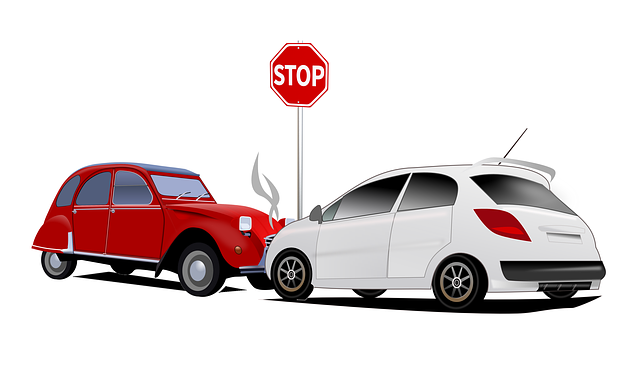
Inaccurate ADAS recalibration can lead to severe consequences on a vehicle’s safety systems and overall performance. Advanced Driver Assistance Systems (ADAS) rely on precise calibration for accurate functioning, such as adaptive cruise control, lane-keeping assist, and collision avoidance. When this critical process goes awry, the results can be devastating. In the event of a vehicle collision repair or even minor dents, improper ADAS recalibration may leave these safety features disabled or operating incorrectly. This not only poses risks to the driver and passengers but also reduces the effectiveness of active safety measures designed to prevent accidents.
Moreover, in a bustling vehicle body shop where repairs are frequent, failing to properly recalibrate ADAS can lead to a cascade of issues. It may result in false alarms, erratic behavior from the systems, or even total inaction during critical driving situations. Thus, for auto shops offering vehicle collision repair and dent repair services, prioritizing ADAS recalibration repair is paramount. Ensuring accurate calibration not only guarantees the safety of those on the road but also upholds the integrity of the vehicle’s high-tech features.
Best Practices for Auto Shops: Ensuring Accurate ADAS Repairs
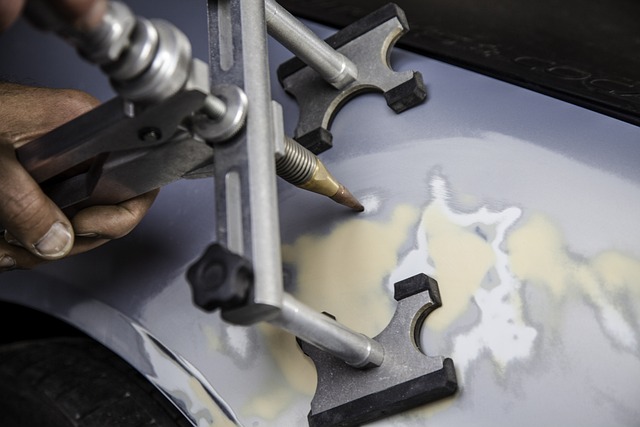
In the realm of modern automotive repairs, Advanced Driver-Assistance Systems (ADAS) play a pivotal role in enhancing road safety. Auto shops that specialize in ADAS recalibration repair are crucial for ensuring accurate and safe vehicle operations. Best practices for these shops include adherence to manufacturer guidelines and utilizing cutting-edge calibration equipment. Proper training for technicians is paramount; they must stay updated with the latest technology and standards to conduct precise ADAS repairs, especially as systems become increasingly complex.
For a top-notch vehicle body shop like those specializing in Mercedes-Benz repair, integrating comprehensive ADAS recalibration services is essential. This not only attracts a wider customer base but also commands higher trust due to the enhanced safety features post-repair. Auto detailing professionals can further contribute by providing visual inspections and quality assurance checks, guaranteeing that each vehicle leaves the shop with impeccably calibrated ADAS systems, thereby fostering a reputation for excellence in the industry.
In conclusion, the proper calibration and regular ADAS recalibration repair are paramount for auto shops to ensure the safety and effectiveness of modern vehicles’ advanced driver-assistance systems. By understanding the intricacies of ADAS, recognizing the consequences of inaccurate recalibration, and adopting best practices, auto shop professionals can deliver precise repairs, maintain customer satisfaction, and contribute to safer roads. Prioritizing ADAS recalibration repair is not just a technical necessity but also a responsible step towards enhancing overall vehicle performance and passenger security.
